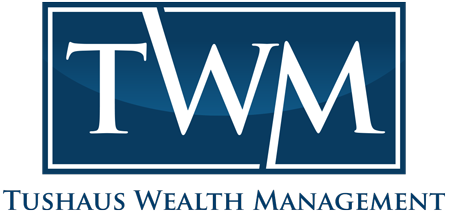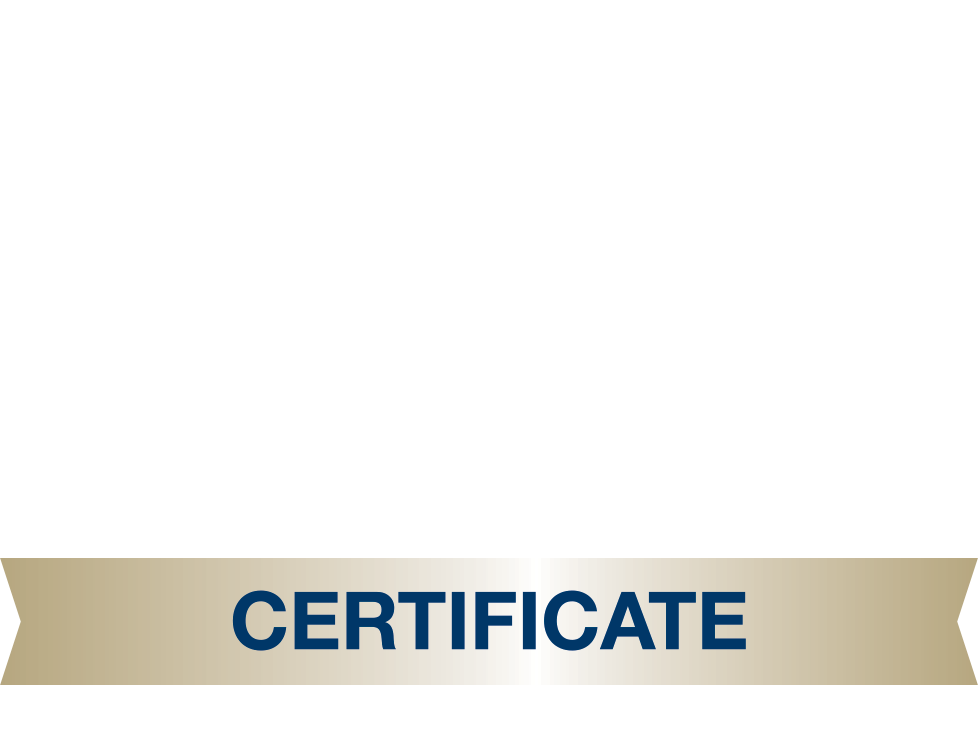
Having a strategy for how to invest your money so that you’re set for retirement is crucial to achieving the retirement you hope for. With no external income coming in, you’ll need to follow a new set of rules for managing your retirement income, expenses, and investments—not just to keep your portfolio growing—but to ensure you can live comfortably. To live the retirement you want, you must first understand the basics of financial literacy.
Where Will Your Income Come From?
When you retire, you’ll have to withdraw money from the investments and savings you earned throughout your career. Retirement income may come from employer-sponsored retirement accounts, individual retirement accounts, and Social Security. It’s crucial to understand how much money you’ll receive, when you’ll receive it, and how much you’ll get from each source. For example, Social Security is available starting at age 62, but experts recommend waiting until age 70 to get a bigger monthly payment. [1]
It is up to you how much you want to earn, but striving to make 80% of your prior income is recommended [2] through multiple income sources. Look into how this new income is taxed, as well as how your retirement income sources are affected by unexpected taxes. Overall, a comprehensive plan regarding when to utilize your different income sources will require a full understanding of your financial situation, assets, and objectives.
How Will You Budget?
Spending wisely is the key to a long retirement. Your spending is determined by the lifestyle you lead relative to your income. You can use your working days as a guideline for estimating how much you’ll spend on everyday living, particularly if you maintain the same lifestyle. You may have new expenses in retirement that come from hobbies, large purchases such as homes and cars, healthcare expenses, and significant financial decisions like relocating or traveling regularly.
You may still have to pay off your home mortgages or car loans, or you may still be required to pay for your children or grandchildren’s education. These expenses must be considered when estimating your spending. Healthcare and long-term care are some of the most under-budgeted expenses in retirement. Medicare only covers long-term care from age 65, so you must plan for health and long-term care as soon as possible. Part B, which covers regular physician visits, is not free! Therefore, when estimating your expenses in retirement, it is essential to prioritize your health and long-term care as soon as possible.
Understanding earning and spending in retirement are the first steps to financial literacy, empowering you to take control of your future. To further gain insight into your finances in retirement, sign up for a complimentary review with us.
[2] https://www.bankrate.com/retirement/how-to-manage-money-in-retirement/
DISCLOSURE
Keep in mind, this article is for informational purposes only and not to be construed as financial or investing advice, nor is it a replacement for real-life advice based on your unique situation. Investing and retirement account rules are constantly changing, and it is recommended that you work with tax and financial professionals who specialize in retirement.
Investment Advisory Services are offered through Tushaus Group, LLC, a registered investment adviser.





